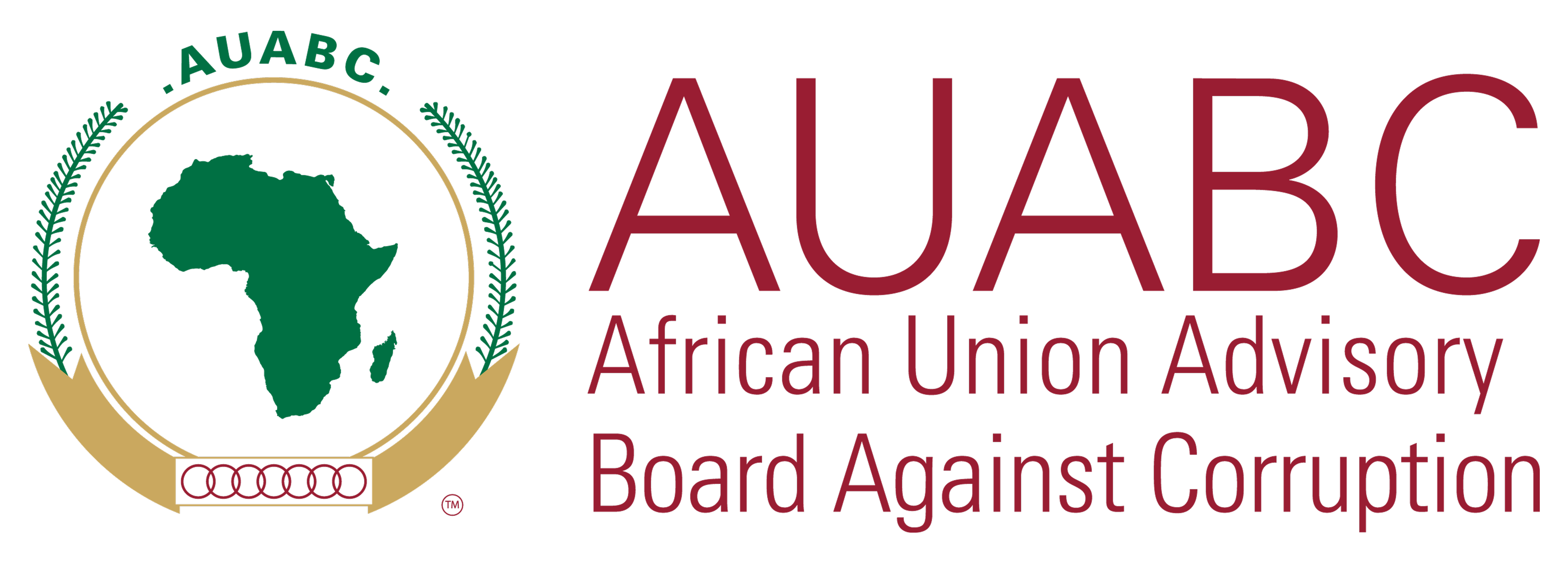The Member States of the African Union adopted the African Union Convention on Preventing and Combating Corruption (The Convention) at the Second Ordinary Session of the Assembly of the Union, held in Maputo (Mozambique), on 11th July 2003. The Convention entered into force on 5th August 2006, thirty (30) days after the deposit of the fifteenth (15th) instrument of ratification. To date Forty-Eight (48) countries have ratified the Convention and are States Parties to it.
The African Union Advisory Board Against Corruption (AUABC) emanated from the Convention, and it was created under Article 22 (1) of The Convention with a mandate to promote and encourage the adoption of measures and actions by State Parties to prevent, detect, punish and eradicate corruption and related offences in Africa as well as to follow-up on the application of those measures.
The Advisory Board Against Corruption has the broad mandate to:
1. Document and analyze corrupt activities;
2. Advise the AU and Member States on all matters relating to corruption;
3. Monitor and report on implementation and compliance with the Convention through receipt and analysis of State Party Reports; and
4. Engage in advocacy and outreach activities to prevent corruption.
Recognizing that a Code of Conduct is an important pillar in the establishment of good governance and ethical conduct of public servants as it raises issues such as respect for human rights, the rule of law, accountability, transparency in government, personal conduct and private interests, the AUABC 2018-2022 Strategic Plan prioritized among others the need for Member States to adopt Codes of Conduct. The first pillar of the AUABC Strategic Plan which focuses on enhancing the legal framework to combat corruption stipulates in one of the strategic objectives calls for the adoption of harmonized Code of Conduct for Public Officials by State Parties. The key activities under the strategic objective are as follows;
• Develop and adopt a harmonized Code of Conduct for Public Officials
• Conduct a study to identify State Parties with existing gaps in Code of Conduct for Public Officials and State Parties without a Code of Conduct for Public Officials
• Engage State Parties on aligning existing Code of Conduct with the proposed harmonized Code of Conduct for Public Officials
• Engage State Parties without Code of Conduct for Public Officials to adopt proposed the harmonized Code of Conduct for Public Officials














